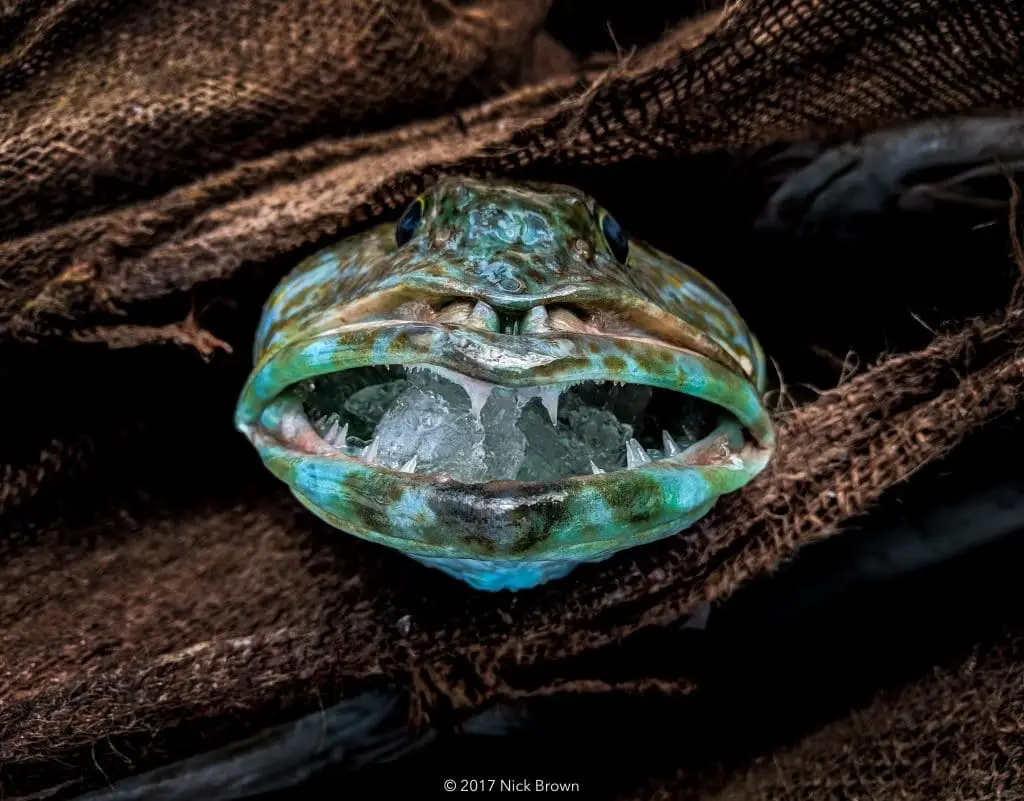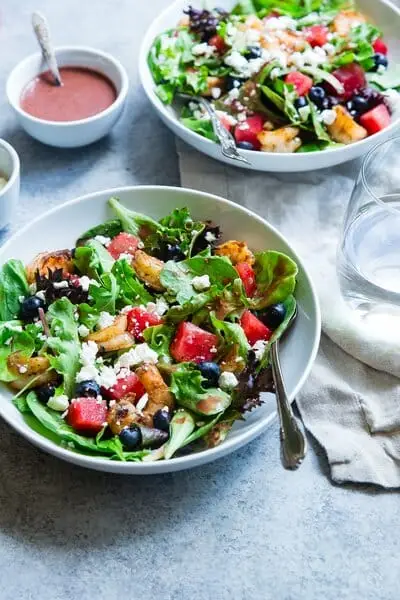You are what you eat. That is such an odd thing to say, but you can hear it said throughout time when speaking of diets. Not so much depression and if you think about it, it really makes more sense.
We eat good, we feel good.
We don’t eat good and we may not feel it instantly, but we all know what’s coming. Fatigue, digestive issues, and in time depression.
Are you still having trouble relating to that phrase? “You are what you eat.” Let’s get a healthy snack and dig in… to the topic, that is.😁
Diet and Depression
There are a multitude of factors that can trigger depression. It is most often one or a combination of the following:
- genetics
- hormones
- illness
- stress
According to the World Health Organization, “depression is the leading cause of disability worldwide.” In the midst of moderate to severe affliction, depression can become a serious health problem.
That is all the more reason for us to be aware of different ways to defeat depression.
There are effective psychological and nutritional therapies for depression available with counselors online and in person depending on where you live. In Pittsburgh, Makin Wellness offers both programs in tandem or separately. In the meantime, let’s do what we can to care for ourselves.
Is there a special diet to follow if you have depression?
Alas, there is no specific diet proven to single-handedly relieve depression. However, it has been proven that proper nutrition and mental health do go hand in hand. So, regardless of your dietary predilections, the good news is that there is an abundance of mood-amplifying foods.
There are certain nutrients proven to help combat depression. You can search for these in your food ingredients while shopping:
- Folate
- iron
- long-chain omega-3 fatty acids (EPA and DHA)
- magnesium
- potassium
- selenium
- thiamine
- vitamin A,B6, B12, and C
- zinc
To make it easier, these foods are shown to have a high density of these nutrients:
- oysters and mussels
- various seafoods (salmon)
- organ meats
- leafy greens (spinach and kale)
- lettuces
- peppers
- cruciferous vegetables (broccoli)
Something Smells Fishy
And no, it’s not the title or this crazy scary fish pic.

Patently, I’m not going to eat an angry trout and get mad, but my gut would be highly upset if that trout were spoiled or perhaps even processed. In turn, my attitude changes and I’m suddenly in a less than optimal mood. But forget the evil trout. Moving on….
Healthy fats, like those found in nuts and fish are vital for brain function and can play a big role in battling depression. Multiple studies show people who eat more fish have a lower risk of depression by about 17%.
Consuming fish has a multitude of beneficial factors including an abundance of nutrients, vitamins, and minerals. Omega-3 fish oil supplements have a huge positive impact on people who have suffered from depression compared to people who do not.
Now, if you like seafood, oysters have also been making headlines. Dr. Drew Ramsey a psychiatry professor at Columbia University states, “patients with depression [should] regularly consume oysters.” But why?
Oysters are a great source of zinc and some experts have said that those with depression tend to have lower levels of zinc. Consuming high zinc-concentrated foods is beneficial in such cases.
Mediterranean Mends Your Mood
A Mediterranean-style diet, which consists high levels of vitamin B, may help ease some of the symptoms associated with depression.

A 2019 study done by PLOS ONE, took willing participants and put them into two separate categories. One group increased their intake of “fresh fruits, vegetables, whole grains, legumes, fish, lean red meats, olive oil, and nuts, while cutting back on sweets, refined cereals, fried food, processed meats, and sugary drinks. A control group received only social support for their depression.”
The results showed that after three months of the experiment, one-third of those participants in the Mediterranean diet group reported tremendous symptom relief. That’s 33% compared to only 8% from the control group. Can’t really argue with that.
Leafy Greens and Veggies
Watercress, spinach, mustard greens, lettuce, and Swiss chard are great vegetables to help prevent and treat depressive disorders with vitamin C, beta-carotene, and folate.
Carrots, squash, and sweet potatoes are also beneficial. They hold antioxidant properties helpful in easing depression.
Hearty Probiotics
Probiotics are a live culture existing in foods like yogurt. They have become increasingly favored in recent years. Your body, especially your digestive system, consists of natural probiotics, which are beneficial bacteria. When these natural bacteria are off balance our whole system follows suit. Fermented foods like kimchi and kefir are chock-full of healthy bacteria thought to soothe gut inflammation.
Some other foods that you can try to implement into your diet that is high in probiotics are yogurt, tofu, and sauerkraut. However, if you decide to take a supplement, please remember to follow the manufacturer’s recommended dosage.
Quartet of Happiness
For many people, fats and sugars ignite taste buds that send happy signals to the brain–these are the “feel good” chemicals. The four chemicals responsible for your happiness are dopamine, serotonin, oxytocin, and endorphins. Here are a few treats to help put you in a more positive state and to help hack into your positive neurochemicals.
Blueberries, raspberries, strawberries, and blackberries are some of the highest antioxidant foods available to us. These berries have high volumes of Vitamin C and can help with increasing your endorphins level. Studies have also shown that dark chocolate is another great food that is often associated with happiness and celebrations and has high levels of endorphins and even serotonin. So, if you would like a quick, indulging snack, definitely go for a nice treat of dark chocolate.
Healthy Starts Here
Concern and depression can make you feel helpless. That might even make you want to eat. Likewise, your distressed brain and depression can collude against you calling attention to life’s limits. Laura Stewart is one of many nutritional counselors who specialize in diets and mental health, finding delicious, healthy ways to fit your taste buds and your mind. If you feel like you could use a bit of guidance, nutritional counseling is a great option to get you on your way.

Are we what we eat?
Not literally. But in a micro, biological sense of what we put into our bodies, we are.
If we eat junk, we will feel like junk.
If we fuel our bodies with premium gas instead of low grade, our bodies and minds will run like that cool sports car you always wanted!
Only it will taste great and run decades longer! So tip your drink to nutrition and stay happy friends!

Associate Outpatient Therapist







